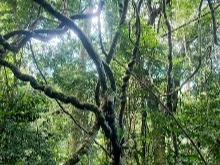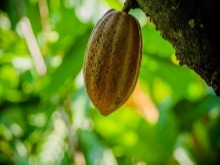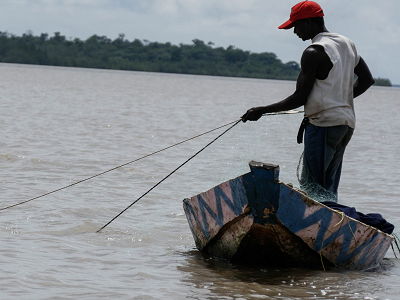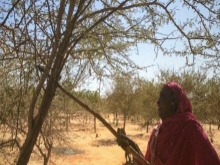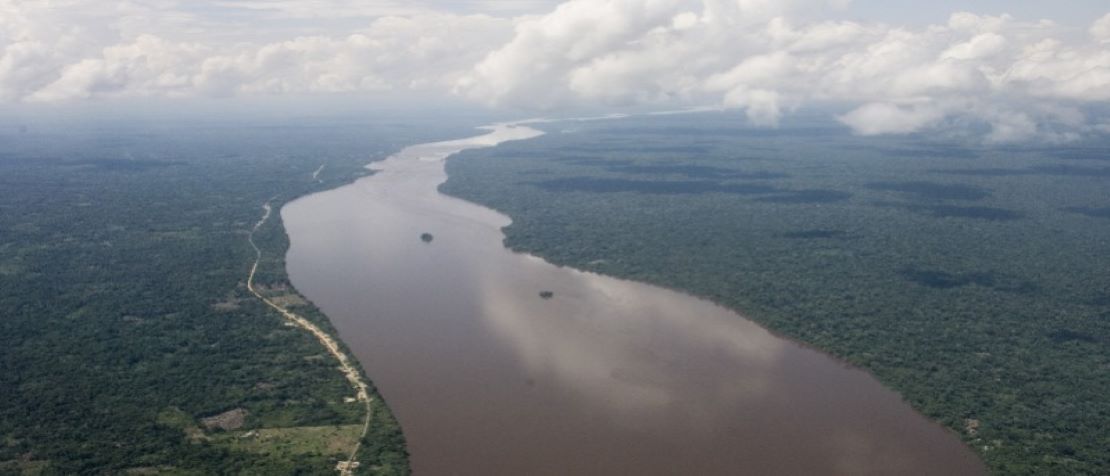
FAO-led Green Climate Fund projects driving climate action in Africa
FAO has been scaling up investments in African countries through its partnership with GCF, driving low-emission, climate-resilient development and accelerating green growth. Africa’s agriculture sector is highly vulnerable to the impacts of climate change. Extreme weather events – such as large storms, heavy rainfall, and prolonged periods of drought – threaten food security and the livelihoods of millions of rural smallholders, especially the rural poor.
As a GCF Accredited Entity, FAO catalyses large-scale investments in sustainable, climate-resilient agricultural practices that help vulnerable communities adapt to the impacts of climate change and reduce greenhouse gas emissions. High-impact projects have the potential to transform Africa’s agriculture sector, shifting it away from farming practices that drive deforestation and land degradation towards low-carbon and climate-resilient food production, benefitting both people and the environment.
These projects create opportunities for countries to meet the commitments laid out in their Nationally Determined Contributions (NDCs), and are aligned with national strategies and programmes as well as the Sustainable Development Goals (SDGs).





